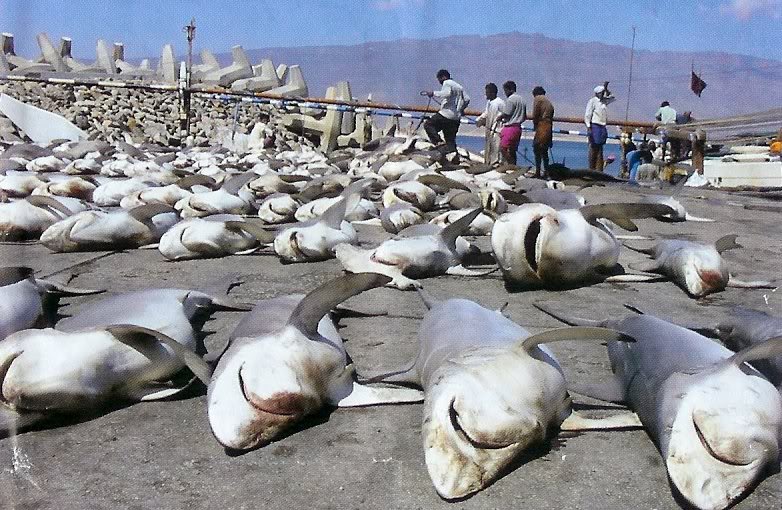Greece Stuck In The Gutters
It has been recently reported that a European Central Bank board member has said that Greece will need international assistance beyond what was originally planned out. As opposed to their anticipated bailout in 2014, it is now predicted Greece will need help for much longer.
Vancouver Sun quotes that,
Currently, as everyone knows, Greece has been hit extremely hard by the recession and their economy has suffered dearly. Since 2010, Greece’s financial issues have been kept afloat due to international creditors. These creditors have pledged rescue loans worth €240 billion ($306 billion) through 2014. And now, Greece is in need of more dire help because of their situation.
Why?
The European market needs growth more than ever. Yes, the financial markets have seen some stability but without growth
“…there won’t be enough tax revenue to help countries like Greece, Italy, Spain and Portugal narrow their deficits and slow the expansion of their debts. Their debt burdens as a percentage of economic output, a key measure of fiscal health, look worse by the day.”
From my view, I see the main problem coming from the underspending of the government. Raising taxes and cutting spending has proven to be an unhealthy practice for the European markets but given their situations, its the only choice.
Additionally, borrowing money from the banks is an absolute atrocity. Greece has to pay nearly twice the interest amount on loans as compared to Germany. Consequently, underfunded companies now have to cut down on employment thus explaining the immensely high unemployment rates in Greece.
A possible thought is to put more funding into education. Despite the economic situation, people have to be educated more than ever. People have to know how to make smart financial decisions. In theory, I believe this would be a great move as it could reap in long term benefits.
It is obvious that the European markets are having dark days, and in truth, there is no immediate solution. Time will recover the market, and it will be quite some time before the market of Greece trends back to normal.
Sources:
http://www.vancouversun.com/business/economy/board+member+Asmussen+says+Greece+will+need+help+beyond/7566913/story.html#ixzz2CebZkCII
http://www.vancouversun.com/business/economy/Europes+government+debt+burdens+worsen+austerity+bites/7565180/story.html









